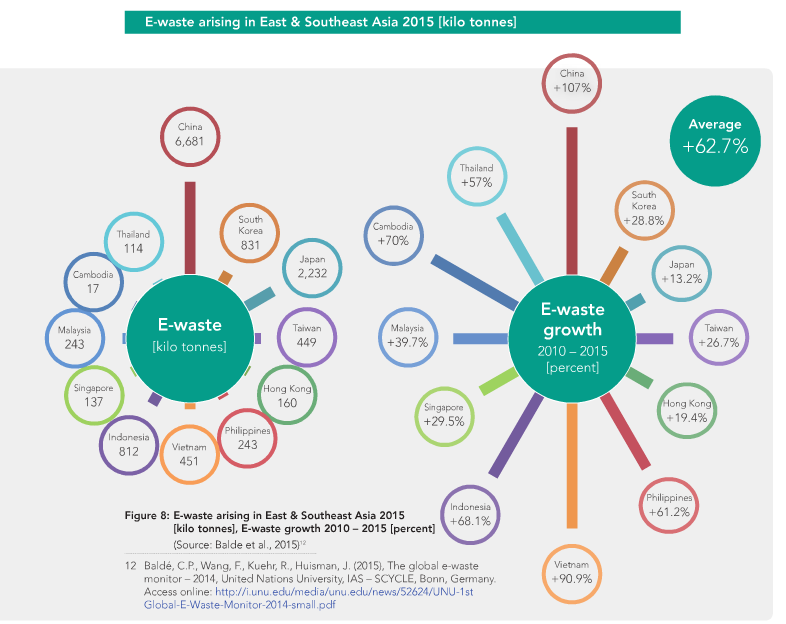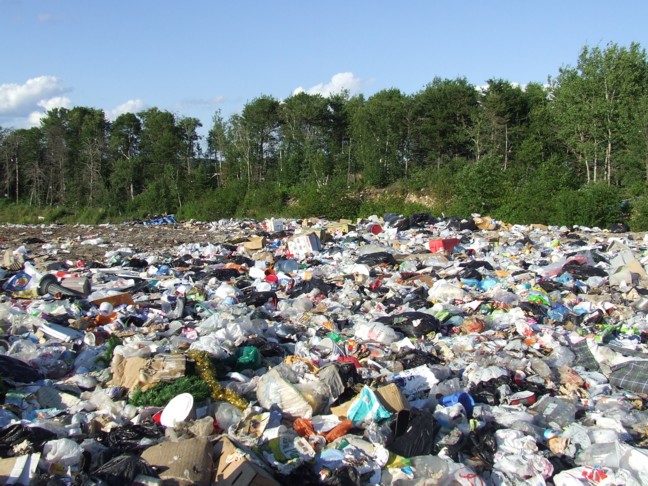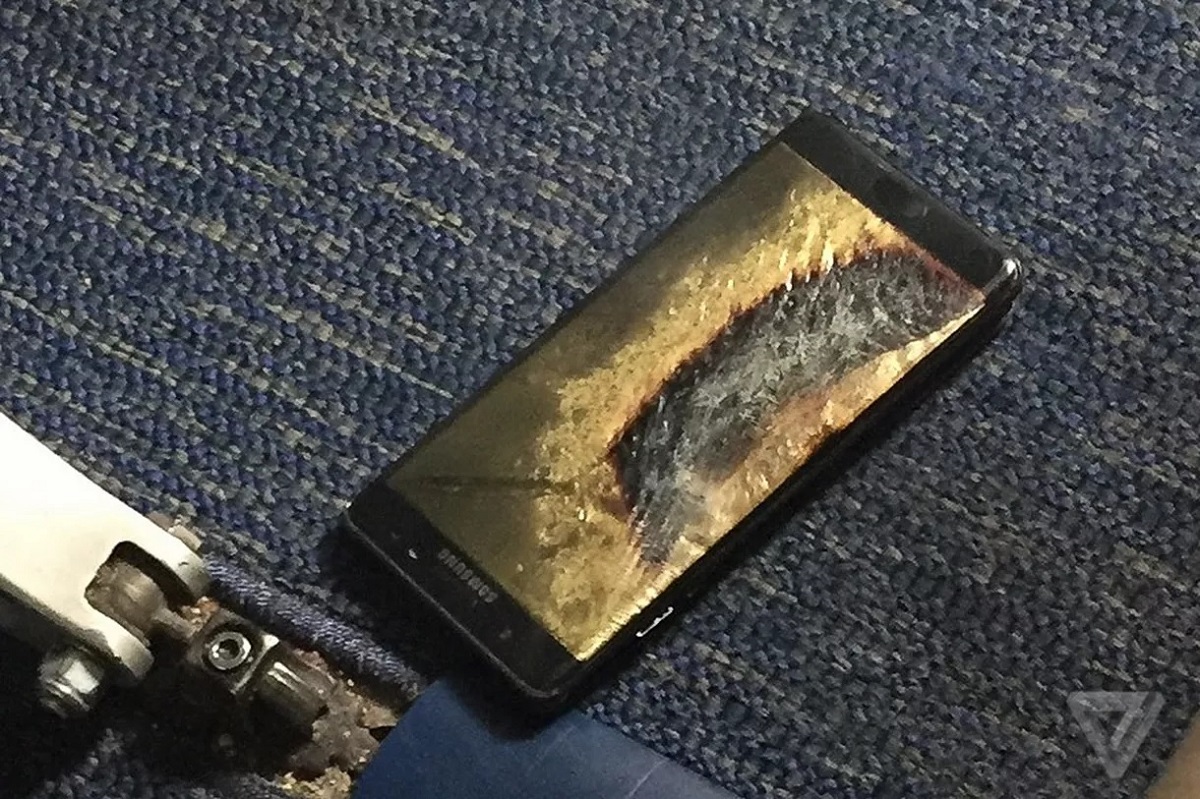The United Nations has published its first report on electronic waste in the Far East. In it, researchers discovered that e-waste has exploded tremendously between 2010 and 2015. It was also discovered that Singaporeans create the most e-waste, while those from Cambodia produced the least.
Singaporeans produced some 19.91kg of e-waste per person over the five year period. On the other hand, Cambodians only created 1.10kg per capita. The report doesn’t quite go into why this is the case, although it is more likely than not linked to the socio-economic situation of the different countries.
This is evident as the island city state only produced 137,000 tonnes of e-waste in 2015, compared to the 243,000 tonnes from Malaysia. Comparatively, Indonesia generated an impressive 812,000 tonnes in the same year.

The UN report indicates that the increase of e-waste is caused by a rise in the number of electronics in use in the region and the consumers who can afford them. A decrease in usage time for these electronics also contributes to the amount of waste generated. Devices become obsolete more quickly these days, which leads to more of them being thrown out.
What is of some concern to the UN is the problem of legislation to deal with e-waste. According to the research, only Vietnam, the Phillippines, and Malaysia have any framework set up for the proper disposal of electronics. Despite this, the three countries are in a transitionary phase, with implementation being a mix between formal and informal agreements.
Singapore manages its e-waste through a network of partnerships with the private sector and doesn’t have any specific legislation in place. It shares this trait with Hong Kong, as both city-states are small islands with substantial shipping activity.

Asia is currently the largest consumer of electronics, and the report from the UN also includes information about e-waste management in China, South Korea, and Japan. As expected, South Korea and Japan managed top marks for dealing with e-waste; while China was graded at about the same level as Malaysia.
The report concludes by saying that there is significant challenge in enforcing the legislation required to properly deal with e-waste. This is compounded by the number of informal, backyard recyclers who use unsafe methods to recover valuable metals from electronics.
[Source: United Nations University]
Follow us on Instagram, Facebook, Twitter or Telegram for more updates and breaking news.


